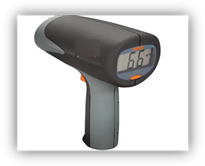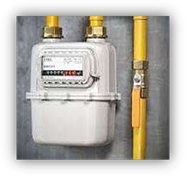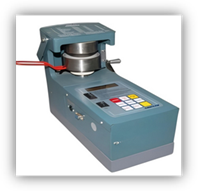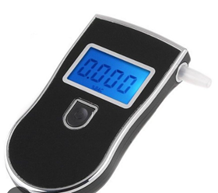India has taken a big step forward in making sure every measurement in daily trade is spot on. The latest changes to the rules governing government-approved test centres bring more instruments under strict verification. This move opens doors for private players to join hands with public labs, creating a stronger network across the country. Consumers stand to gain the most as accurate readings become the norm rather than the exception.

What the New Legal Metrology GATC Rules 2025 Cover
The updated framework now includes eighteen different types of weighing and measuring devices. From simple tape measures to advanced flow meters, every tool that affects trade or safety must pass through approved checks. Here is the full list of instruments brought into the fold:
- Water meter
- Sphygmomanometer
- Clinical thermometer
- Automatic rail weighbridges
- Tape measures
- Non-automatic weighing instruments of Accuracy Class III (up to 150 kg)
- Non-automatic weighing instruments of Accuracy Class IIII
- Load cell
- Beam scale
- Counter machine
- Weights of all category
- Gas meters
- Energy meters
- Moisture meters
- Speed meters for vehicles
- Breath analysers
- Multi-dimensional measuring instruments
- Flow meters
Adding items like breath analysers and multi-dimensional scanners shows how the system is catching up with modern needs. These tools matter in hospitals, fuel stations, highways, and factories where even a small error can lead to big problems.
How Private Labs Change the Game
Until now, only government centres handled most verifications. The new Legal Metrology GATC Rules 2025 allow qualified private laboratories to step in as approved centres. This partnership means more locations for testing, shorter queues, and quicker turnaround times for businesses. Factories no longer wait weeks to get their scales certified; they can choose a nearby private facility and stay on schedule.
Regional reference labs and national test houses automatically qualify as centres under the rules. This built-in network covers every corner of India, from small towns to metro cities. Industries save on transport costs, and local jobs open up in testing and calibration.

Clear Fees and Simple Application Process
A fresh schedule lists exact verification charges, ending confusion over costs. Companies know upfront what they will pay. Applications go straight to the consumer affairs department in a standard format. Inspectors follow set guidelines on staff skills, equipment standards, and lab setup. Digital payment gateways make fee submission instant and paperless.
Such clarity cuts red tape. A manufacturer in Gujarat can now get a water meter verified in Maharashtra without extra paperwork. Centres operate within districts or across state lines as needed, keeping trade flowing smoothly.
Stronger Protection for Everyday Buyers
Think about the last time you filled petrol or checked your blood pressure. Faulty meters rob money or risk health. Regular checks under the Legal Metrology GATC Rules 2025 ensure you pay only for what you get. Shopkeepers, fuel pumps, and clinics must display valid verification certificates. Spot inspections become easier because state officers focus on fieldwork instead of routine testing.
When a weighing machine at the vegetable market shows the correct weight, the farmer earns fairly and the buyer saves. The same logic applies to electricity bills, water charges, and taxi fares. Accurate instruments build trust in the marketplace.

Boost for Indian Manufacturers on the World Stage
India now issues certificates recognised by the International Organization of Legal Metrology. Earlier, exporters sent samples abroad for approval, burning time and money. Domestic firms can obtain the same global stamp right here. This edge helps small and medium enterprises compete with foreign brands.
Alignment with OIML standards raises the bar for quality. Factories upgrade equipment and train staff to meet strict norms. The result is better products, fewer rejects, and growing export orders.
Words from the Minister
At a recent conference in Goa, the Union Minister for Consumer Affairs highlighted the reforms. He explained that the changes modernise the entire metrology setup. Industry gets room to grow, consumers receive fair deals, and enforcement teams work smarter. The goal is a self-reliant system driven by technology and transparency.

Looking Ahead
The Legal Metrology GATC Rules 2025 lay a solid foundation for fair trade. More centres mean faster service. Clear rules mean less hassle. Accurate tools mean happy customers. As private and public labs work side by side, India moves closer to a marketplace where every gram, litre, and volt is exactly as promised.
Business owners should check if their instruments fall under the new list and locate the nearest approved centre. Consumers can report faulty meters to local legal metrology offices. Together, these steps keep the system honest and efficient.
Stay updated with such policy shifts that touch daily life. Bookmark pessnews.in for clear breakdowns and practical insights.
